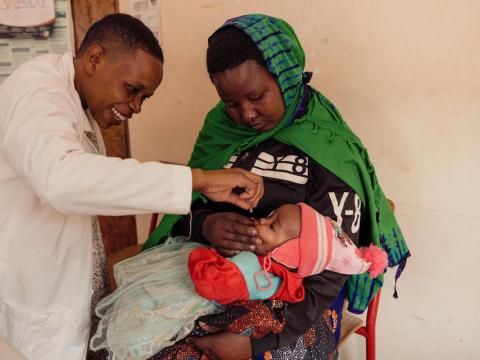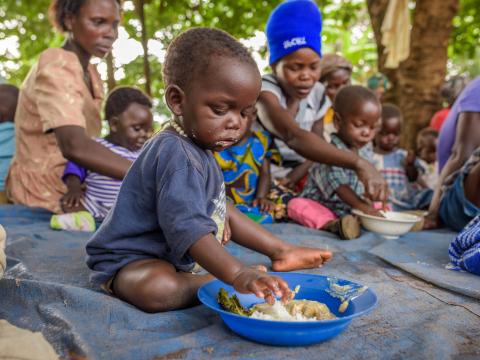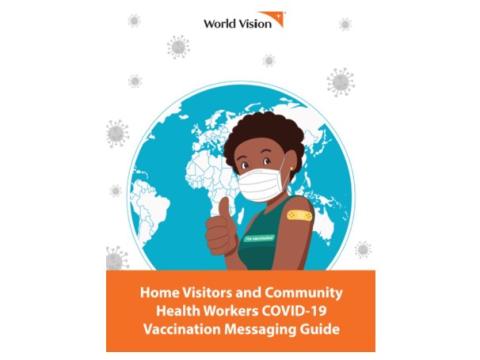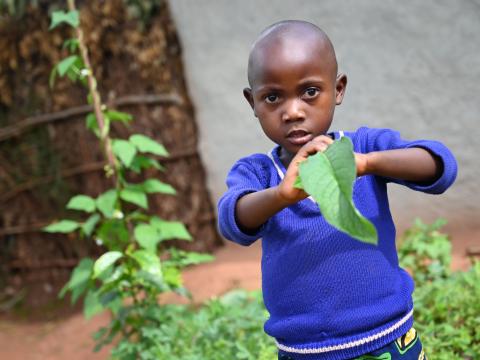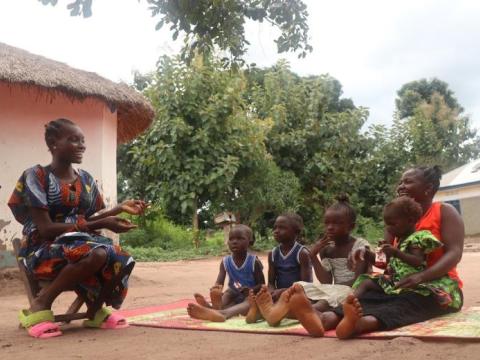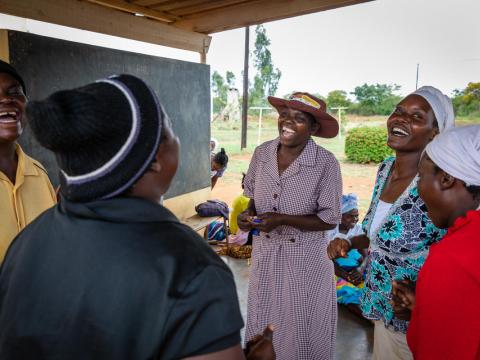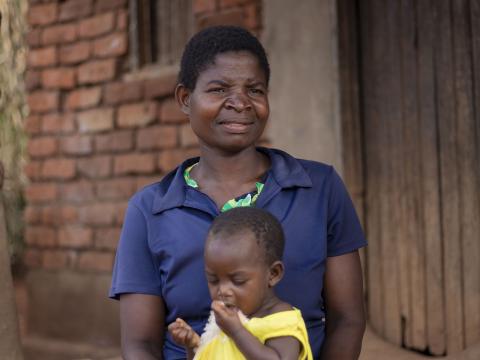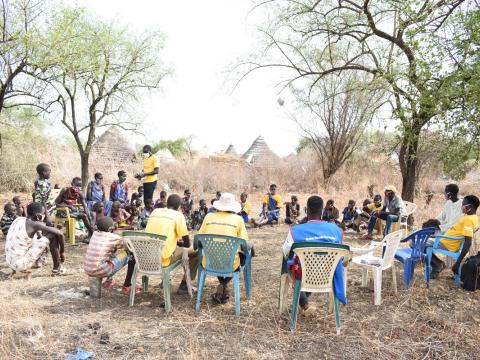
Community Health Workers
Supporting Community Health Workers
World Vision engages in a broad range of community health initiatives globally, many of which are driven by community health workers (CHWs). CHWs are trained community members who provide essential health services but do not hold formal professional health qualifications.
While the roles and structures of CHWs vary across countries and programmes, certain core principles help ensure that CHW-led projects are effective, sustainable, and delivered with quality – regardless of the specific model used. By investing in community health workforces, World Vision contributes to stronger, more resilient health systems – empowering communities to thrive.
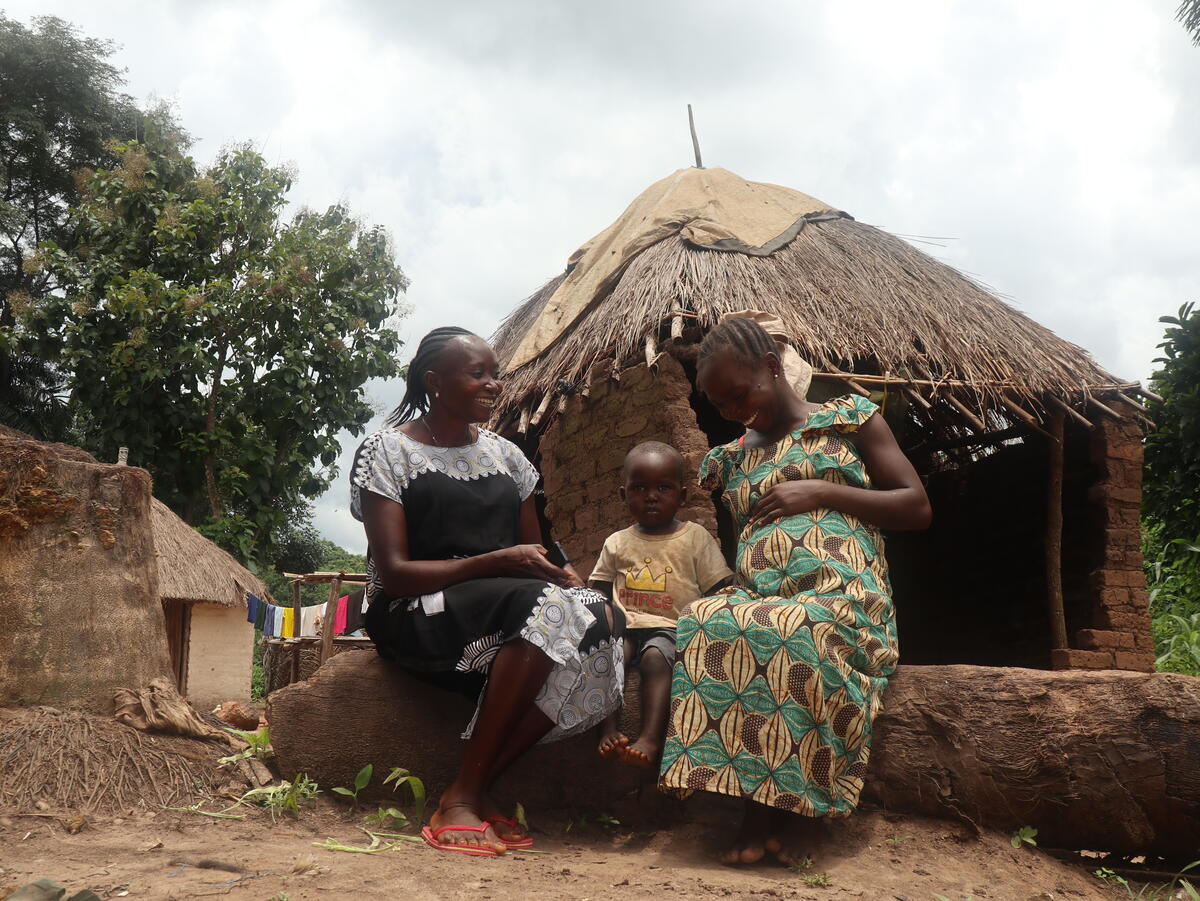
Our approach
World Vision works alongside governments and communities to build strong, people-centred community health systems that leave no one behind. By equipping CHWs with the right skills, tools, and support, we help extend essential health and nutrition services to the most remote families. Our approach focuses on strengthening existing health systems, adapting services to local needs, and driving innovation through digital solutions – ensuring CHWs are empowered to deliver lasting improvements in child and community well-being.
As part of this systems-level work, World Vision advocates for fair pay, ethical workloads, and supportive supervision for CHWs, ensuring they are recognised and equipped as essential members of the health workforce.
Models for CHW Service Delivery
World Vision equips CHWs to deliver practical, evidence-based approaches that improve family health, nutrition, and child well-being. These community-led models – delivered alongside programmes in maternal, newborn, and child health; mental health; nutrition; infectious disease; and immunisation – help families adopt healthy practices, prevent disease, and access essential care close to home. Explore the models below to see how CHWs are transforming community health and nutrition.
Resources
Featured Stories
Networks and Working Groups

Contact
For more information, please contact World Vision experts on Community Health Worker programming:
Michele Gaudrault and Esther Indriani at health@wvi.org





